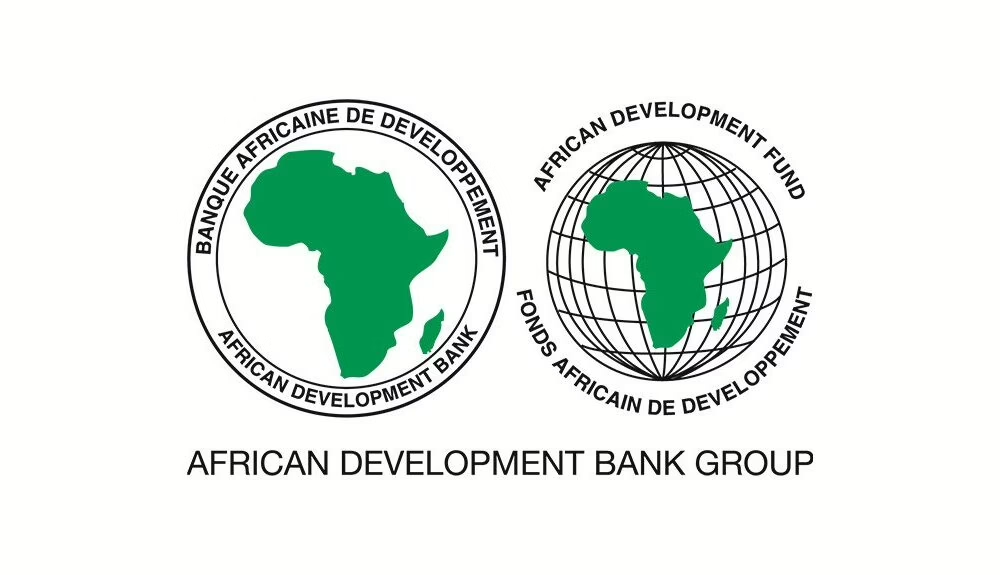The taxation trap: How Nigeria’s tax system is killing businesses
Taxation in Nigeria
Published By: Ayorinde Oluokun
By Dayo DaSilva
Nigeria, Africa’s largest economy, is greatly struggling to create a conducive environment for businesses to thrive. Despite government’s efforts to boost economic growth, the country’s tax system remains a significant obstacle for businesses, particularly small and medium-scale enterprises (SMEs).
As we all know, Citizens pay taxes which expectedly is meant to support government’s provision of public goods and services that benefit the society as a whole. The concept behind taxation is based on the principle of social contract, where citizens surrender some of their personal freedoms and resources to the government in exchange for protection, security, and public services.
This article examines the challenges faced by businesses in Nigeria due to unrealistic tax charges, lack of government support, and the need for reform.
One must however understand the key reasons for Taxation which include funding essential public goods and services, such as infrastructure, education, healthcare, defense, and law enforcement; redistribution of wealth and income from the rich to the poor, promoting social equity and reducing poverty; influencing behavior and regulate economic activities, such as discouraging harmful habits like smoking or encouraging environmentally friendly practices; and stabilizing the economy by controlling inflation, managing aggregate demand, and influencing interest rates. How far government has been able to meet up with these key points, leaves much to be desire.
Unrealistic Tax Charges
The Nigerian tax system is characterized by high tax rates, multiple taxation, and a complex regulatory framework. Businesses are expected to pay various taxes, including company income tax, value-added tax (VAT), withholding tax, and stamp duties. However, the tax charges are often unrealistic, considering the country’s economic challenges.
For instance, the company income tax rate in Nigeria is 30%, which is higher than the average tax rate in Africa. This high tax rate, combined with other taxes and levies, makes it difficult for businesses to operate profitably. Many SMEs struggle to pay their tax liabilities, leading to penalties, fines, and even business closure. That doesn’t mean the individual do not go through taxes and levies like the Personal income tax or the electronic money transfer levy.
For example, a recent incident that happened to a friend again brought to the fore the alarming issue of excessive taxation in Nigeria. A company was slapped with a staggering assessment of approximately N35,000,000 by the Federal Government. To add insult to injury, the State and Local Governments also imposed various tax levies on the already beleaguered business. This draconian approach to taxation is tantamount to using a sledgehammer to kill an ant.
The implications of such excessive taxation are far-reaching and devastating. It is nothing short of a death knell for businesses, particularly small and medium-sized enterprises (SMEs) that are the backbone of the Nigerian economy. The crippling effect of these taxes can lead to business closures, job losses, and a decline in economic activity.
The fundamental question that arises from this scenario is: should tax be a tool for closing businesses or threatening private efforts? The answer is a resounding “NO”. Taxation should be a means of generating revenue for the government to provide public goods and services, while also promoting economic growth and development and not a tool to clamp on businesses. It should be known that taxes can be at its best when companies do well and are viable, this would create stability in the economy.
The Nigerian government must recognize that excessive taxation is counterproductive to its efforts to stimulate economic growth and development. It is essential to strike a balance between generating revenue and creating a conducive business environment.
Lack of Government Support
The Nigerian government has failed to create an enabling environment for businesses to thrive. Despite the importance of SMEs in reducing unemployment and stimulating economic growth, the government has not provided adequate support for these businesses.
SMEs in Nigeria face numerous challenges, including limited access to finance, inadequate infrastructure, and a lack of skilled manpower. The government’s failure to address these challenges has made it difficult for SMEs to compete with larger businesses and foreign companies.
The government should focus on simplifying the tax system, reducing tax rates, and improving tax administration to reduce the burden on businesses.
- Lagos disburses N278 million to 400 SMEs in first half of 2024
- Development Bank Recognises FCMB for Supporting SMEs, Green Projects
- Ways Mobile App Can Help Small Businesses
Furthermore, the government should prioritize providing incentives for businesses to thrive, rather than imposing punitive taxes. This can be achieved through measures such as tax breaks, subsidies, and investment in infrastructure. By adopting a more business-friendly approach, the government can create an environment that fosters entrepreneurship, innovation, and job creation.
Impact on Unemployment
The struggles faced by SMEs in Nigeria have significant implications for unemployment. SMEs are critical drivers of job creation, particularly in the informal sector. However, the high tax burden, lack of government support, and other challenges faced by SMEs have limited their ability to create jobs. In fact some organisations have closed shops.
Nigeria’s unemployment rate is currently around 23%, with youth unemployment at over 50%. The failure of SMEs to create jobs has exacerbated the unemployment crisis, leading to social and economic instability.
Tax Reform Bill
The tax reform bill being proposed in Nigeria is a comprehensive legislation aimed at simplifying tax laws, promoting equity, and increasing revenue generation. The bill has several merits, including simplifying the tax structure by reducing the number of taxes and levies, making it easier for businesses to comply with tax regulations. Additionally, the proposed reform of the Value Added Tax (VAT) sharing formula could increase revenue generation for states that have been disadvantaged by the current formula.
The bill also aims to promote equity by reducing the tax burden on low-income earners and small businesses, which could help reduce poverty and inequality in Nigeria. Furthermore, the bill reduces the tax burden on big businesses, freeing more resources for them to expand and create jobs. The introduction of a progressive VAT rate that exempts basic goods and services consumed by the poor is also a notable merit of the bill.
However, the bill also has some demerits, including the potential for a disproportionate impact on Northern states with smaller economies. There is also a risk of tax evasion if tax authorities lack the capacity to effectively monitor and enforce tax compliance. Moreover, the bill could create uncertainty and instability in the business environment if the reforms are not well communicated or implemented, and the proposed gradual increase in VAT rate from 7.5% to 15% by 2030 could affect consumers and businesses.
Way forward
To address the challenges faced by businesses in Nigeria, the government must reform the tax system realistically and provide adequate support for Small and Medium-sized Enterprises (SMEs). Reforming the tax system is crucial, and one way to do this is by reducing tax rates to make them more competitive with other African countries. This move would help alleviate the financial burden on businesses, allowing them to allocate more resources to growth and development.
Simplifying the tax system is also essential to reduce the compliance burden on businesses. A more streamlined tax system would make it easier for businesses to understand their tax obligations, reducing the risk of non-compliance and penalties. Additionally, providing tax incentives for SMEs, such as tax holidays or reduced tax rates, would help stimulate growth and encourage entrepreneurship.
Investing in infrastructure development is also vital to support business growth. The government should focus on developing critical infrastructure like roads, power and water, which are essential for businesses to operate efficiently. Furthermore, providing access to finance for SMEs, such as loans and grants, would help bridge the financial gap and support their growth and development.
Taxes are killing business and companies in Nigeria due to unrealistic tax charges, lack of government support, and the need for reform. The government must take urgent action to address these challenges and create an enabling environment for businesses to thrive. By reducing tax rates, simplifying the tax system, providing tax incentives, improving infrastructure, and providing access to finance, the government can support the growth and development of SMEs and reduce unemployment.
The excessive taxation of businesses in Nigeria is a pressing issue that requires urgent attention. The government must reassess its approach to taxation and prioritize creating a conducive business environment that promotes economic growth and development. By doing so, Nigeria can unlock its full potential and become a hub for business and investment in Africa.
Dayo DaSilva (arpa, amncs) is a Mass Communication Expert, Brand Strategist and Growth Manager from Ogun State.










